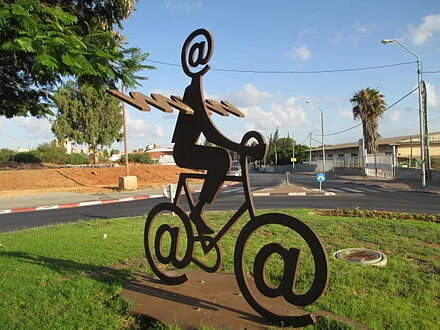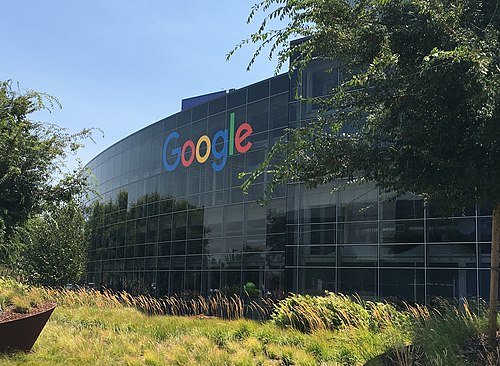East Windsor's (Conn.) Democratic and Republican voter registrars asked the other day what may be the great question of public policy and life generally in Connecticut: Where have all the voters gone?
The registrars, Angelo Paul Sevarino and Linda Sinsigallo, put it in a letter published in the Journal Inquirer. They lamented that only 14 percent of East Windsor's voters participated in the recent town budget referendum.
"There is a growing disconnect between the individuals we elect to lead us and the electorate," Sevarino and Sinsigallo wrote. "Maybe it's the hectic schedule of today's parent. Maybe it's the changing family dynamic. Maybe it's just that too many of us are disillusioned with government and no longer believe that our vote matters."
Or maybe, as the philosophers of old might argue, it is simply the corruption of prosperity, the downslope of the rise and fall of civilizations, which rise from struggle to self-sufficiency to prosperity and greatness and then fall to self-satisfaction, entitlement, dependence, and financial and moral corruption.
Local budget referendums are actually the least of it. Adjusting voter participation in Connecticut for the 25 percent or so of the eligible adult population that doesn't even register to vote in the first place, participation in recent presidential elections has been only about 50 percent, in state elections only about 35 percent, and in municipal elections only about 15 percent.
Manchester provides an especially depressing example.
When it held its municipal election in October 1962, Manchester had a population of about 42,000 and about 12,500 people voted. In Manchester's most recent municipal election, in November 2013, only about 7,500 people voted, 5,000 fewer than in 1962, though the town's population had increased by 16,000 to 58,000. That is, over the last half century, as Manchester's population rose by about 38 percent, its municipal-election participation fell by about 40 percent, even after the voting age was lowered to 18.
Sevarino and Sinsigallo cite "the changing family dynamic." That may be a nice way of acknowledging that nearly half the children in Connecticut now are born outside marriage or do not live with both their parents, circumstances that correlate heavily with poverty, physical and mental illness, child neglect and abuse, educational failure, and crime. Two-parent households tend to have time for community participation. Single-parent households tend not to.
But the phenomenon of decline extends far beyond family disintegration. From half to two-thirds of Connecticut's high school seniors fail to master high school math or English or both but are given diplomas anyway and are even delivered at further public expense into remedial programs in college. Enforcement of educational standards now requires more political courage than society can muster.
Few high school graduates understand the country's history, government, and political system. They are largely oblivious to the struggles undertaken and sacrifices made through the ages to broaden democracy and facilitate the pursuit of happiness.
Government in Connecticut and across America has gotten far bigger than the civic virtue remaining available to manage it in the public interest.
This explains the explosion of corruption, as special interests take over not just education but market, business, and professional regulation and politics itself. Most of the diminishing number of people still paying attention are not really citizens at all but financial beneficiaries of thwarting the public interest.
Far more than the Internet, this collapse in civic engagement may explain the decline of newspapers. For no one in Connecticut can seriously engage with his geographic community without them; they remain the primary and often the only source of state and local news. But nobody needs them for keeping up with the Kardashians.
Chris Powell is managing editor of the Journal Inquirer, in Manchester, Conn.























